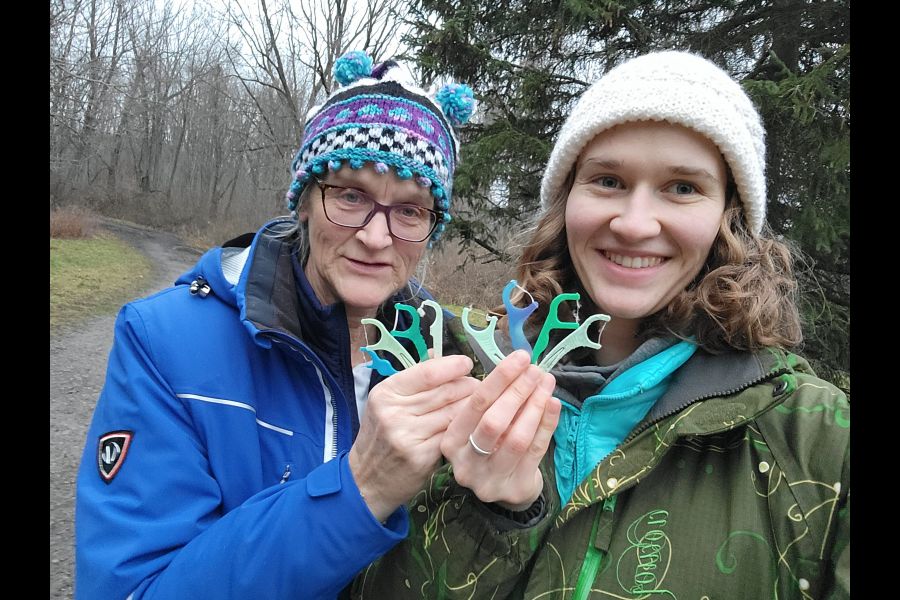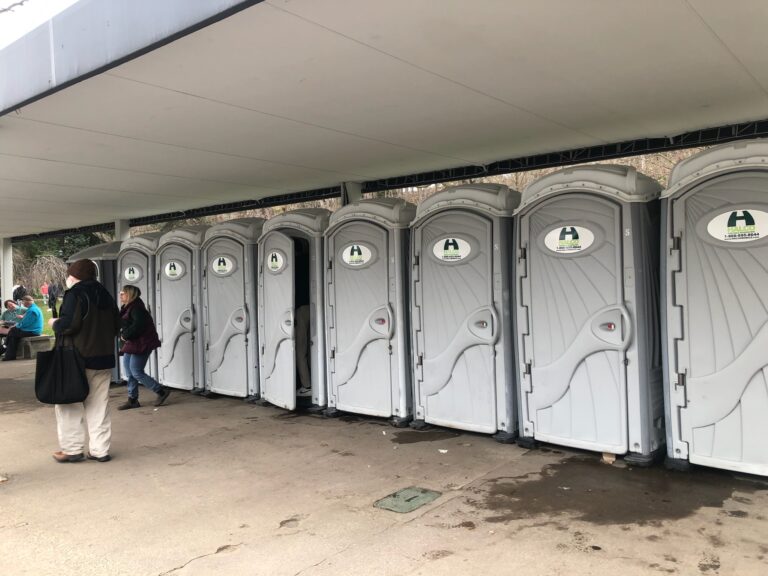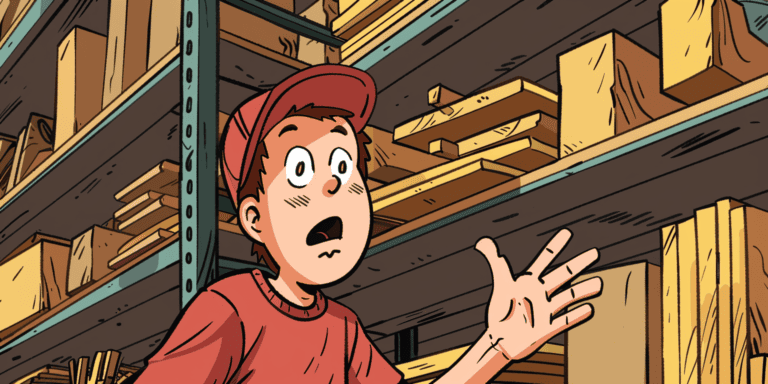On our most recent litter cleanup, my mum Ann Marie and I got talking about the idea of the “bystander effect.”
In grade school, I had been taught about this phenomenon many times, especially in the context of bullying.
When something harmful is taking place, people are inclined to look on and do nothing – but they are just as much part of the problem.
As we removed countless Q-tips, bottle caps and single-use tooth flossers from the beach, we realized how closely the bystander effect also applies to the environment.
It's unfortunately common for witnesses not to take action in response to bullying, crime or a health emergency. This so-called bystander effect is partly due to social cues.
In such a situation, it's common to look around and gauge the level of panic or outrage among others and to match their behaviour. Especially when the degree of harm is unclear, bystanders may think it's acceptable to do nothing when they don't see others taking action.
The problem is, when everyone thinks “Someone else will step in,” nobody does.
This diffusion of responsibility can be heightened by a fear of social consequences. With bullying, onlookers might not be friends with the target, or might worry that they will be bullied themselves.
This is true too of our interactions with nature. Maybe we're worried about looking uncool when picking up trash or we don't know what action to take.
The first step is to form a stronger relationship. A lot of us are very separate from the outdoor world; getting to know it more closely will help us to understand when things are wrong and help us feel equipped to step in.
In some places, bystanders are required by law to help someone in need, if they can do so safely. Are we not also morally guilty when we fail to address an environmental concern?
Even if we're not actively “bullying” the planet by littering, normalizing and excusing problematic actions desensitizes us to the true extent of harm.
We're complicit in this harm when we walk by litter on the way to and from work each day, but don't pick it up.
We're complicit when we see a grove of trees being clear-cut to make room for development, but don't question or report it.
We're complicit when our staff take smoke breaks every shift, but we don't install receptacles and signage to make sure cigarette butts are recycled.
We're complicit when we watch pieces of plastic blow around on garbage day, without saying something to the neighbour who put their bins out the windy night before.
We can't just stand by and bemoan the damage being done to our environment – we need to stand up and actually work at improving it.
It can be simple to go from enabling bystander to doing your part: gentle social pressure to discourage unsustainable practices, positive encouragement to friends who make green shifts and encouraging workplaces to set up more eco-friendly systems.
It not only does good, it feels good too.
Note: If you have a concern about an activity that impacts the local environment, please submit a complaint or inquiry and town staff will follow up. Start here: NOTL.com/service-request-complaint-form.
Kyra Simone is a green-at-heart NOTL resident with master's degrees in biology and science communication. In her spare time, she advocates for sustainable change, picks up litter, makes recycled jewelry, and transforms furniture bound for the landfill.











